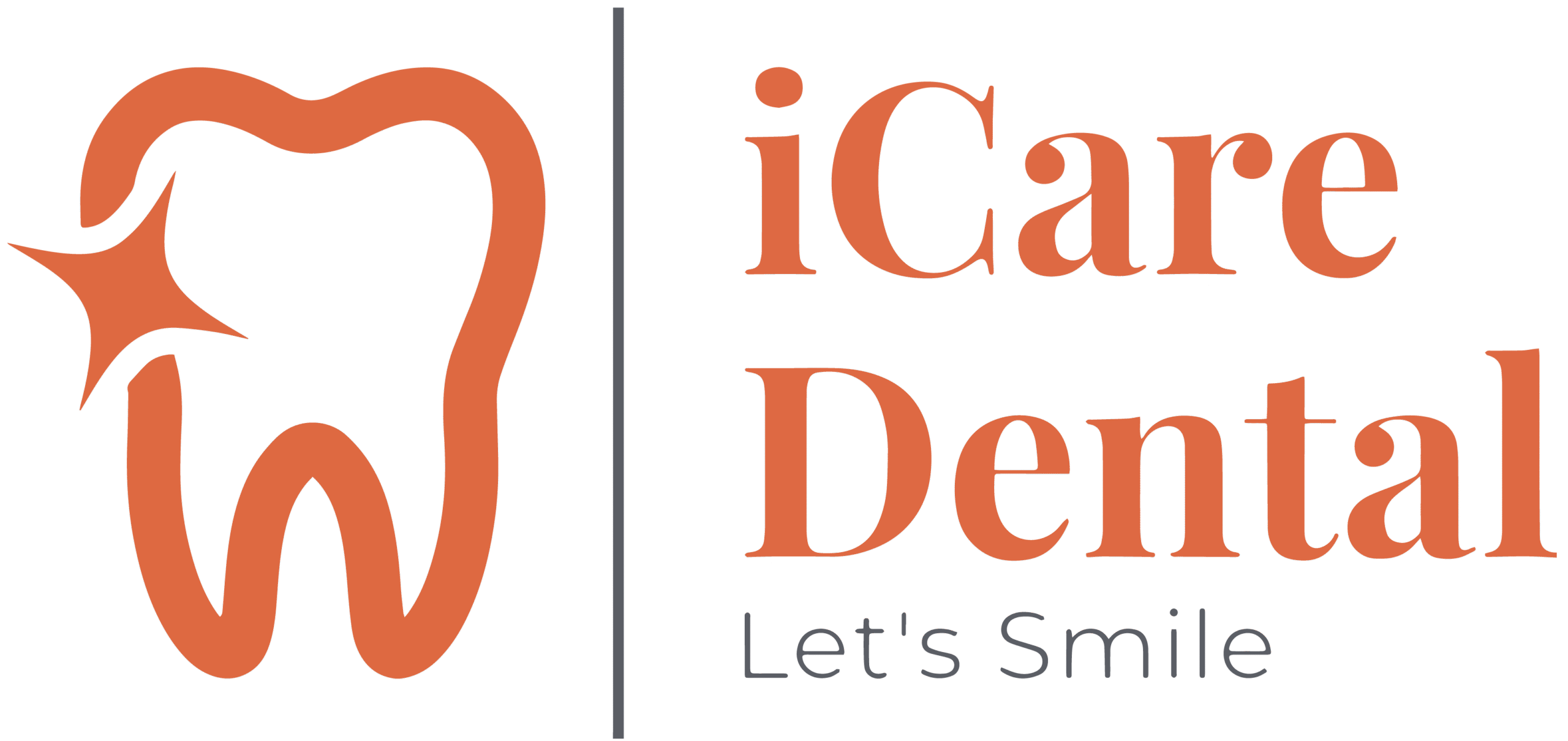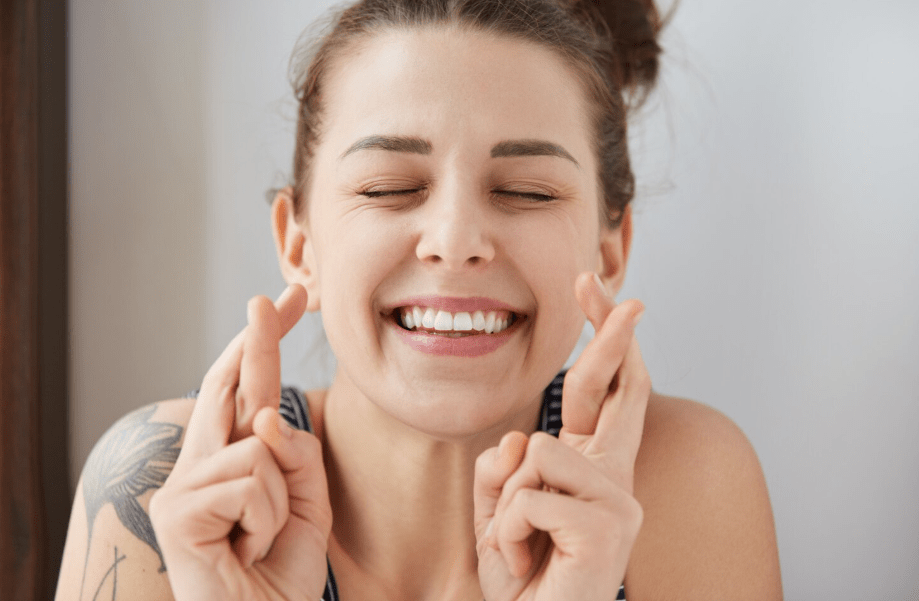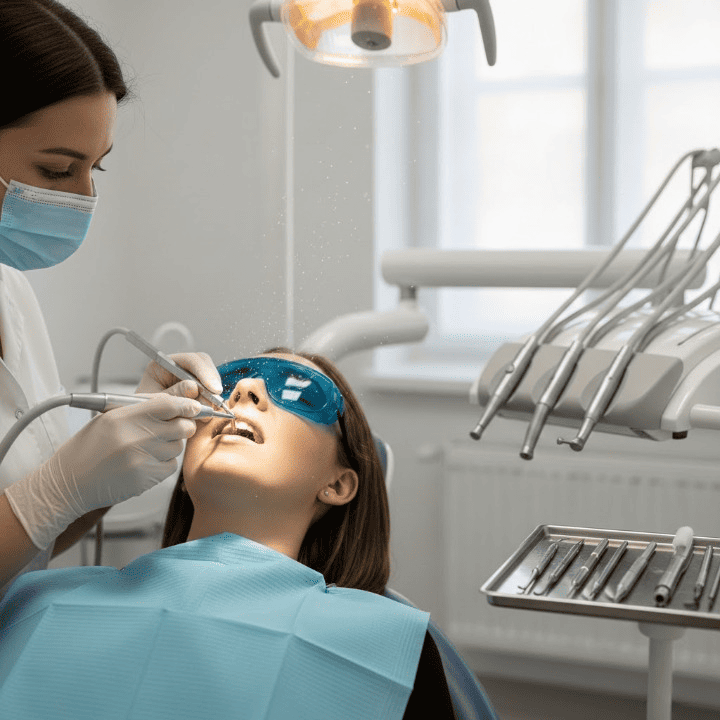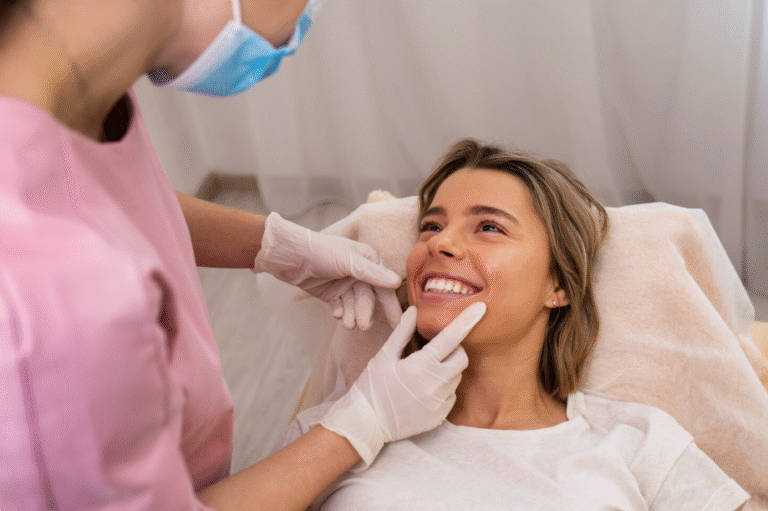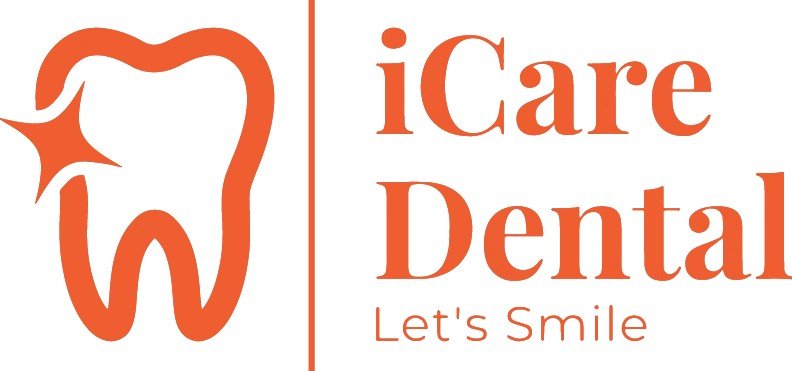Teeth whitening has become one of the most famous beauty dental treatments worldwide. With countless whitening products to be had—from in-clinic techniques to DIY kits—many people wonder: Does teeth whitening damage teeth?
At iCare Dental, we recognise the concern. After all, your smile is one in every of your most important functions, and protecting your teeth need to continually come first.
In this complete guide, we break down how teeth whitening works, whether or not it harms your teeth, the difference between professional and over the counter treatments, and the way to whiten your teeth properly.
What Is Teeth Whitening?
Teeth whitening is the process of removing stains and discoloration from the tooth surface. Most whitening treatments use hydrogen peroxide or carbamide peroxide, which help break down stain molecules and lighten the color of your teeth.
There are three main types of whitening:
- Professional in-clinic whitening (fastest and safest)
- Professional take-home whitening kits
- Over-the-counter whitening products (strips, toothpaste, LED kits)
Does Teeth Whitening Damage Your Teeth?
The short answer: No, when done correctly, teeth whitening does NOT damage teeth.
However, there are important details to understand:
1.Whitening Does Not Damage Healthy Teeth
Scientific studies show that peroxide-based whitening agents do not weaken or strip the enamel when used as directed. Enamel is the hardest substance in the human body and whitening works on the surface stains without removing any tooth structure.
2. Temporary Sensitivity Is Normal
Some people experience:
- Zingy sensations
- Mild temperature sensitivity
- Temporary gum irritation
These effects are not signs of damage—they are short-term side effects that generally last 24–48 hours.
3. Overuse Can Cause Problems
While whitening is safe, over-whitening can lead to:
- Tooth sensitivity
- Gum irritation
- Dehydration of enamel
This is why following instructions or choosing a professional treatment at iCare Dental is recommended.
How Does Teeth Whitening Work?
To understand safety, it’s important to know how whitening works.
Whitening gel penetrates the enamel and reaches the underlying dentin layer, where stains are trapped. The peroxide breaks down stain molecules and “bleaches” them, making your teeth appear brighter.
No enamel is removed. No tooth structure is lost.
This makes whitening fundamentally safe when used appropriately.
Professional Teeth Whitening vs. At-Home Kits
✔ Professional Whitening (Safest & Most Effective)
At iCare Dental, dentists use controlled, high-quality whitening agents and protect your gums before treatment. Benefits include:
👉 See our full treatment details: iCare Dental In-Clinic Whitening
- Instant results
- Reduced risk of sensitivity
- Personalized concentration levels
- Safe gum isolation
- Long-lasting brightness
✔ Over-the-Counter Products (Moderately Effective)
Drugstore whitening kits are widely used, but they come with limitations:
- Lower concentration = slower results
- Higher risk of misuse
- Strips may cause uneven whitening
- Some products contain abrasive ingredients
OTC options are not dangerous, but they’re less predictable than dentist-supervised treatments.
Common Myths About Teeth Whitening
Myth 1: Whitening wears away enamel
❌ Incorrect.
Whitening temporarily opens enamel pores but does not erode enamel.
Myth 2: Whitening weakens teeth
❌ No clinical evidence supports this.
When properly used, whitening is safe for the tooth structure.
Myth 3: Whitening results last forever
Whitening is not permanent because teeth naturally accumulate stains from:
- Coffee
- Tea
- Wine
- Tobacco
- Colored foods
Maintenance whitening may be needed every 6–12 months.
How to Whiten Teeth Safely
If you want a brighter smile without risking sensitivity or gum irritation, follow these guidelines:
1. Choose professional whitening
Dentist-supervised whitening ensures safety and optimal results.
2. Avoid over-whitening
Stick to recommended intervals (no more than twice a year professionally).
3. Use desensitising toothpaste
Especially in the week before treatment.
4. Limit staining foods and drinks
Use a straw when possible.
5. Maintain good oral hygiene
Brushing twice a day helps prevent new stains.
When Should You Avoid Teeth Whitening?
Whitening may not be suitable for:
- Pregnant or breastfeeding women
- People with untreated cavities
- Individuals with gum disease
- Those with severe tooth sensitivity
- People with veneers, crowns, or fillings on front teeth (whitening will not change their color)
A consultation at iCare Dental helps determine if you’re a good candidate.
Benefits of Professional Whitening at iCare Dental
Choosing a dental clinic like iCare Dental ensures:
- Customised treatment plans
- Safe, controlled whitening levels
- Minimal sensitivity
- Faster results
- Long-lasting brightness
- Expert monitoring of oral health
Your smile deserves expert care—not guesswork.
FAQ: Teeth Whitening Safety
1. How often should I whiten my teeth?
Every 6–12 months is ideal. Over-use can cause sensitivity.
2. Is whitening safe for children?
No. Whitening is recommended only for adults.
3. Can I whiten teeth with cavities?
Not until the cavities are treated.
4. Will whitening work on crowns or veneers?
No, whitening only affects natural teeth.
Final Verdict: Is Teeth Whitening Safe?
Yes – teeth whitening is safe and does now not harm the teeth when finished correctly. Professional treatments at iCare Dental is the safest way to obtain a brilliant, healthful-looking smile with lengthy-lasting results. If you are considering whitening, our dental team is here that will help you pick the pleasant and most secure option in your smile.
